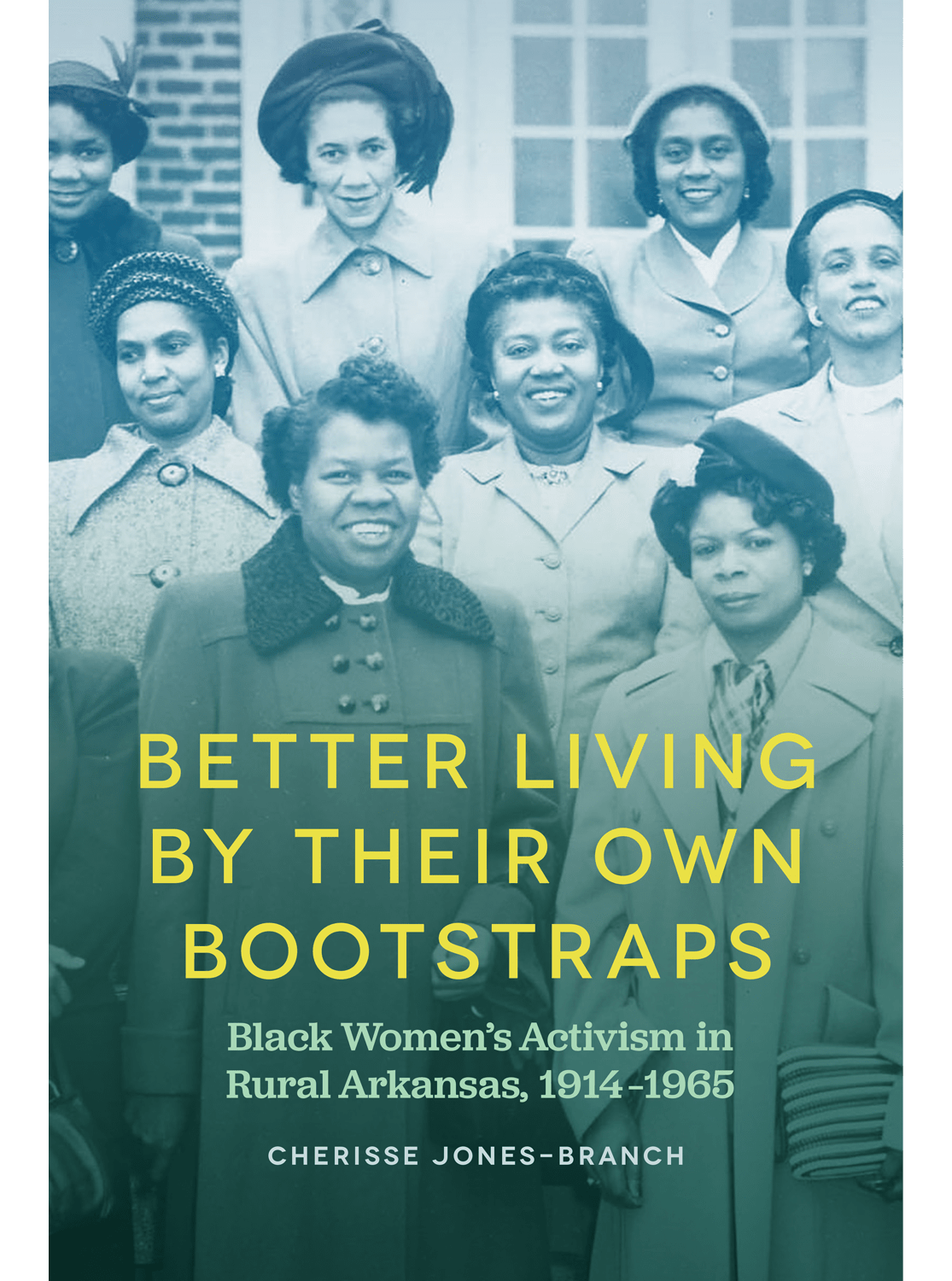ARTICLE
An Interview with Professor Mark Haden
I worked in the addiction services for 28 years. I became acutely aware at the beginning of my career that we spend the vast majority of our money not dealing with addiction as a public health problem. We deal with it as a criminal justice problem.











